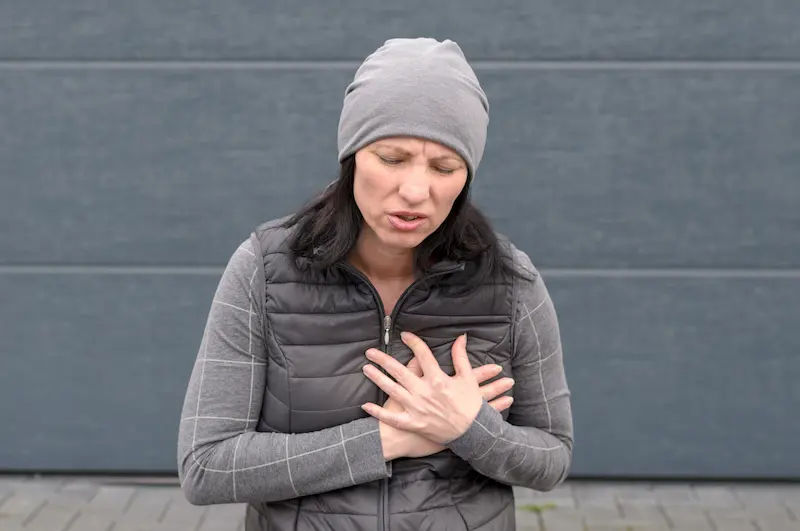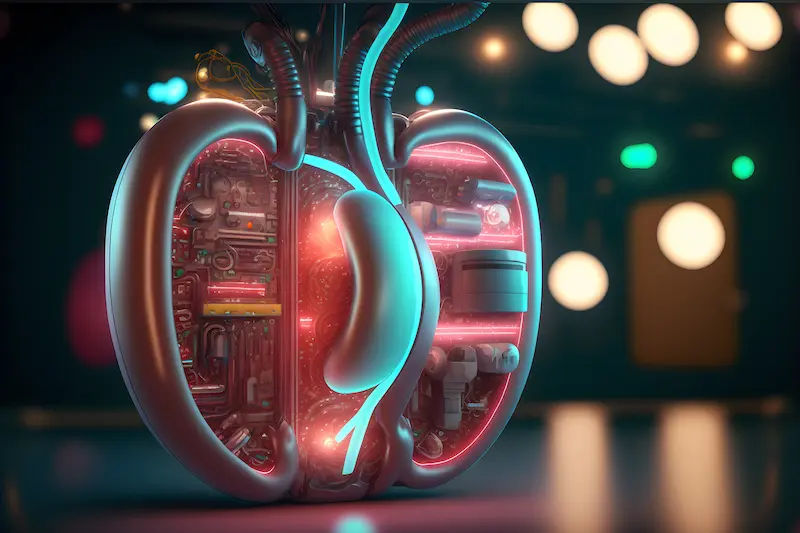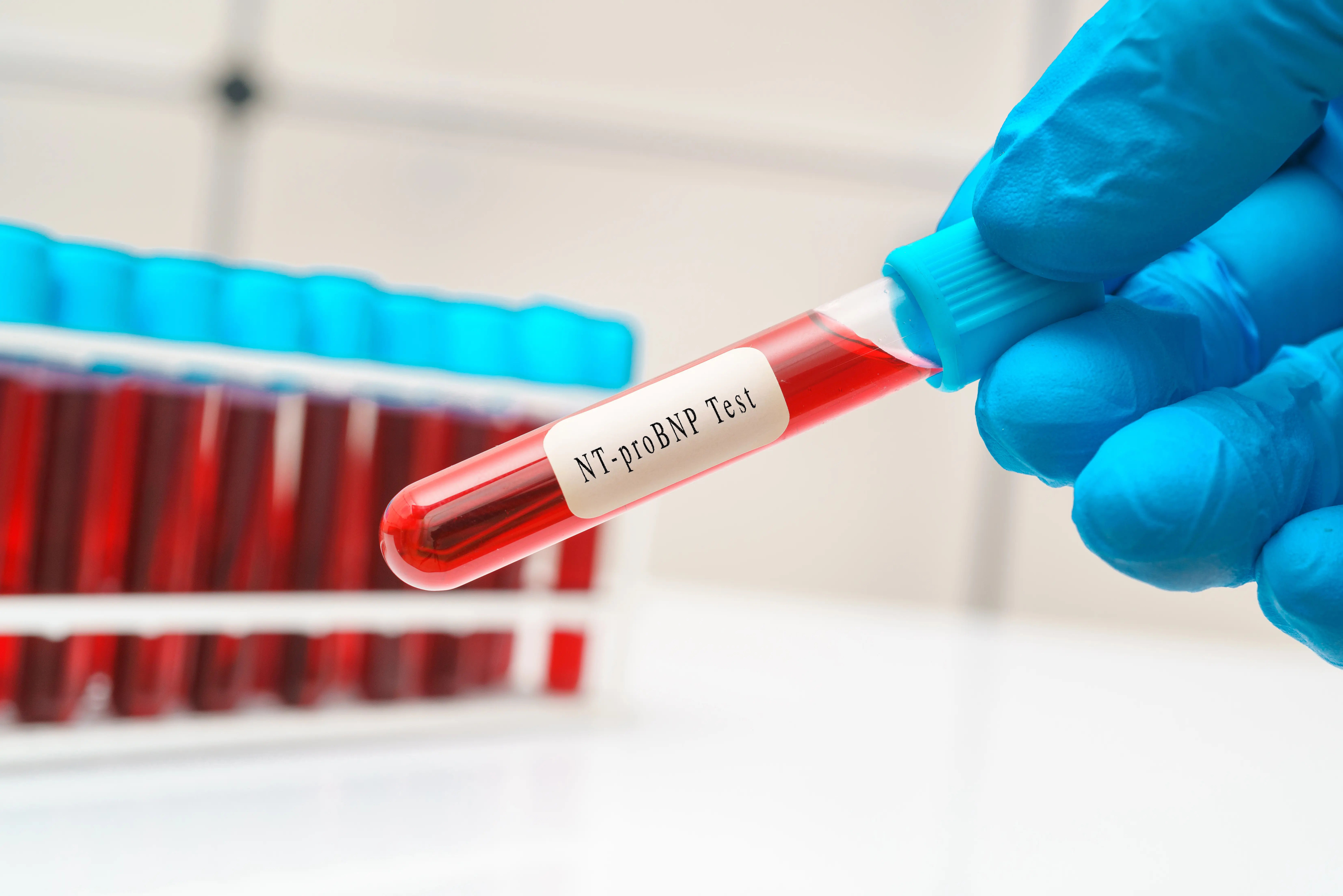- Male
- 30 Years
- 22/01/2025
I'm experiencing some worrying symptoms like left side chest pain and vomiting. I'm not feeling hungry and sometimes my heart starts beating really fast all of a sudden. It's even affecting my sleep. I've already had an echo and TMT done, and they didn't show anything wrong, but I'm still concerned. Could this be something serious? What should I do next?
More Cardiology Health Queries
View allI've been having bouts where my heart rate spikes up to 100-105, and I've noticed some mild chest pain with that. When this happens, my heart rate is usually under 100, and my blood pressure is 12680, plus my sugar and thyroid levels are normal. My ECG came back showing sinus tachycardia. Could you guide me on what kind of medicine might help with this?
I cannot view attachments, but given your description of symptomsintermittent high heart rate, mild chest pain, and an ECG showing sinus tachycardiait's important to address these issues carefully. Since your blood pressure and thyroid levels are normal, your symptoms could be related to stress, anxiety, or other non-cardiac causes. Medications such as beta-blockers (e.g., metoprolol) may help manage sinus tachycardia and associated symptoms, but these should only be taken under the supervision of a healthcare provider. Additionally, lifestyle modifications such as reducing caffeine and alcohol intake, practicing relaxation techniques, and ensuring adequate hydration and sleep can be beneficial. Please consult your healthcare provider for a thorough evaluation and personalized treatment plan, including whether medication is necessary.
Answered by 1 Apollo Doctors
I'm 20 years old and I've been diagnosed with sinus tachycardia. I also have an overactive thyroid, and I've been told my heart's right ventricle is a little bigger than the left. Could all of this be a serious health risk?
Sinus tachycardia in the setting of an overactive thyroid can sometimes lead to complications, especially if left untreated. The enlarged right ventricle may be a result of the increased workload on the heart due to the tachycardia. It is important to manage both the thyroid condition and the tachycardia to prevent further complications. Medications such as Propranolol can be used to help control the heart rate and symptoms. Regular monitoring by a healthcare provider is essential to ensure proper management of your condition.
Answered by 1 Apollo Doctors
What 3 foods cardiologists say to avoid?
Refined sugars, processed foods and high fat content food
Answered by 1 Apollo Doctors
Disclaimer: Answers on Apollo 247 are not intended to replace your doctor advice. Always seek help of a professional doctor in case of an medical emergency or ailment.






